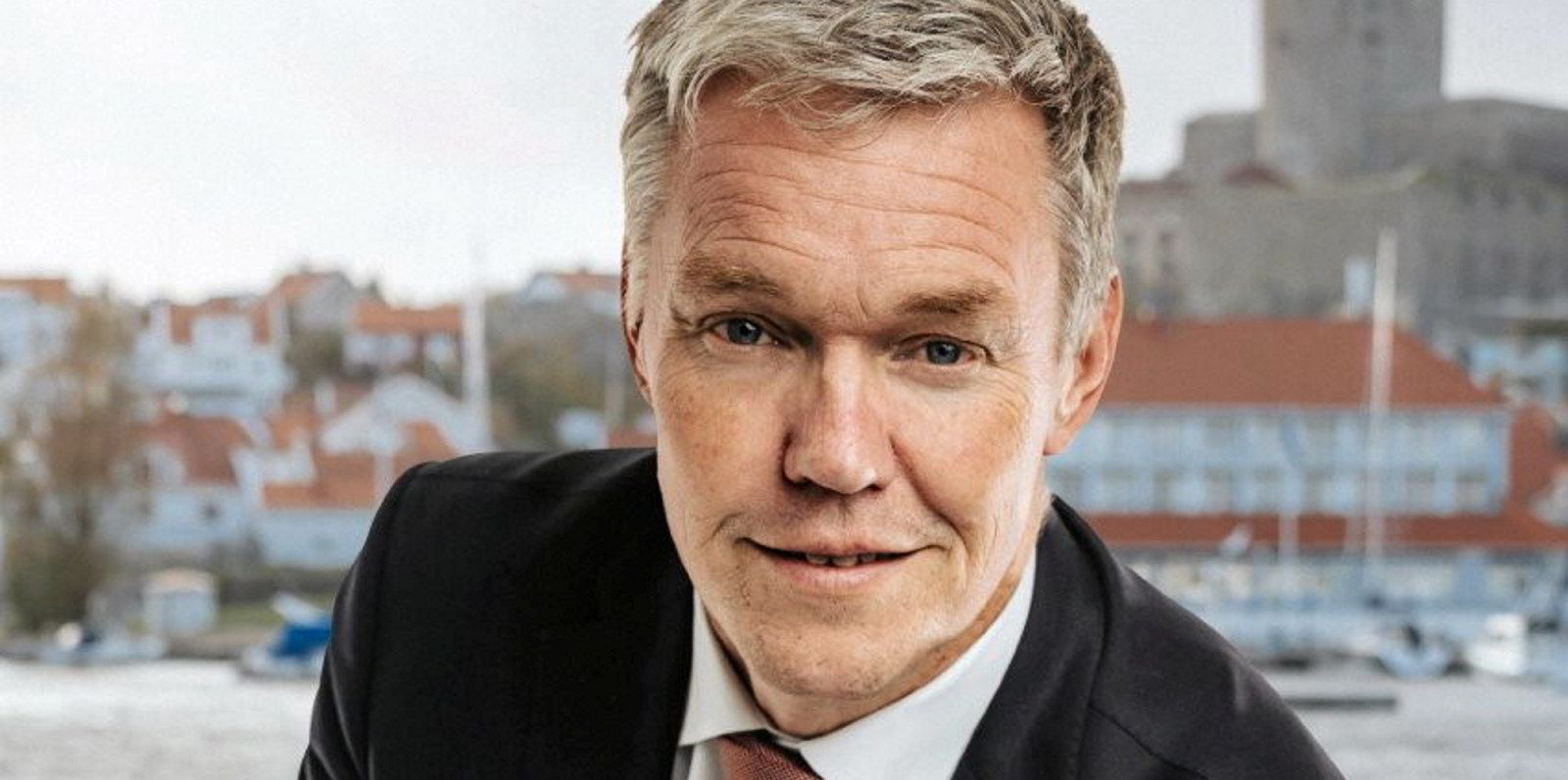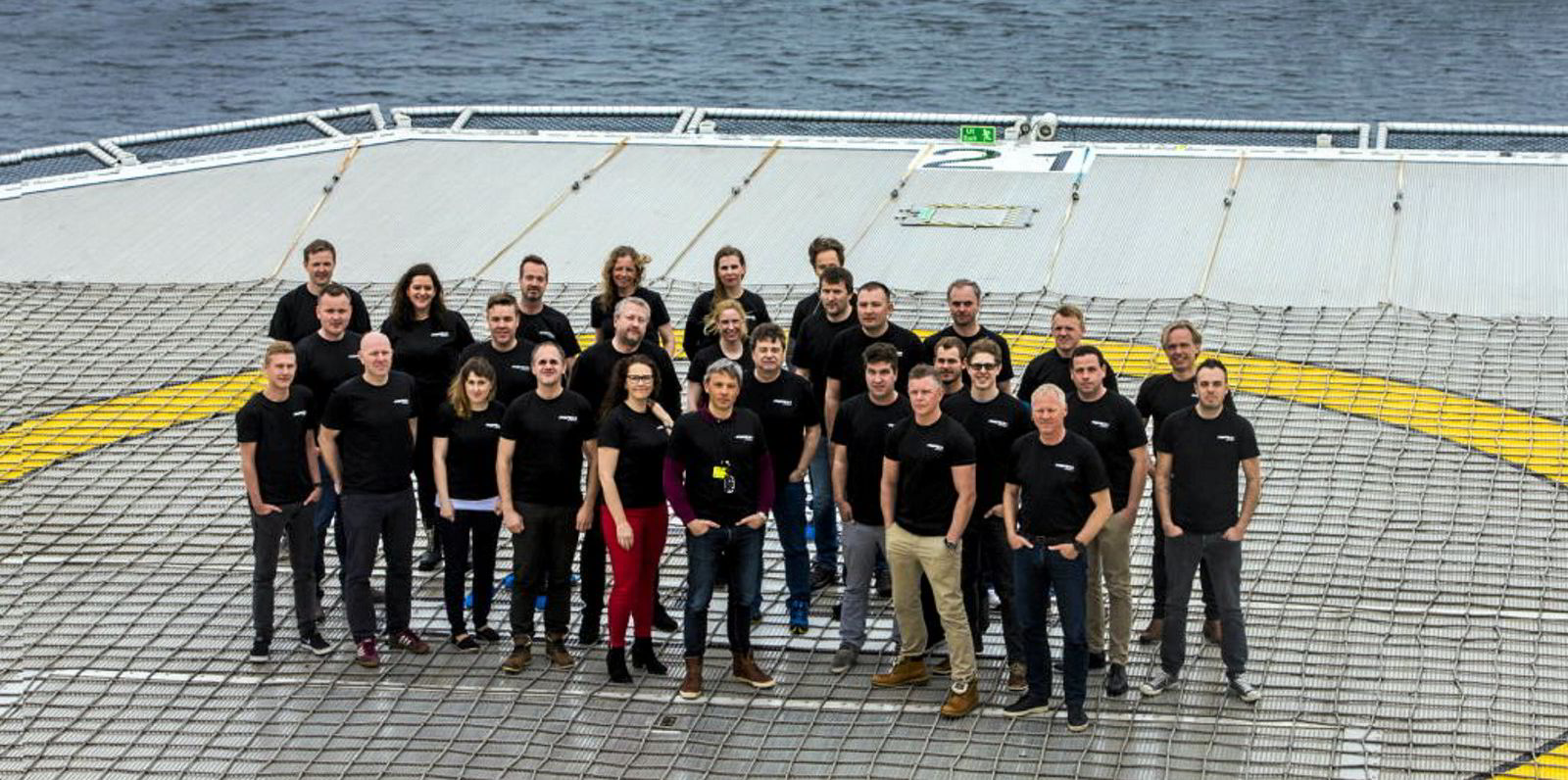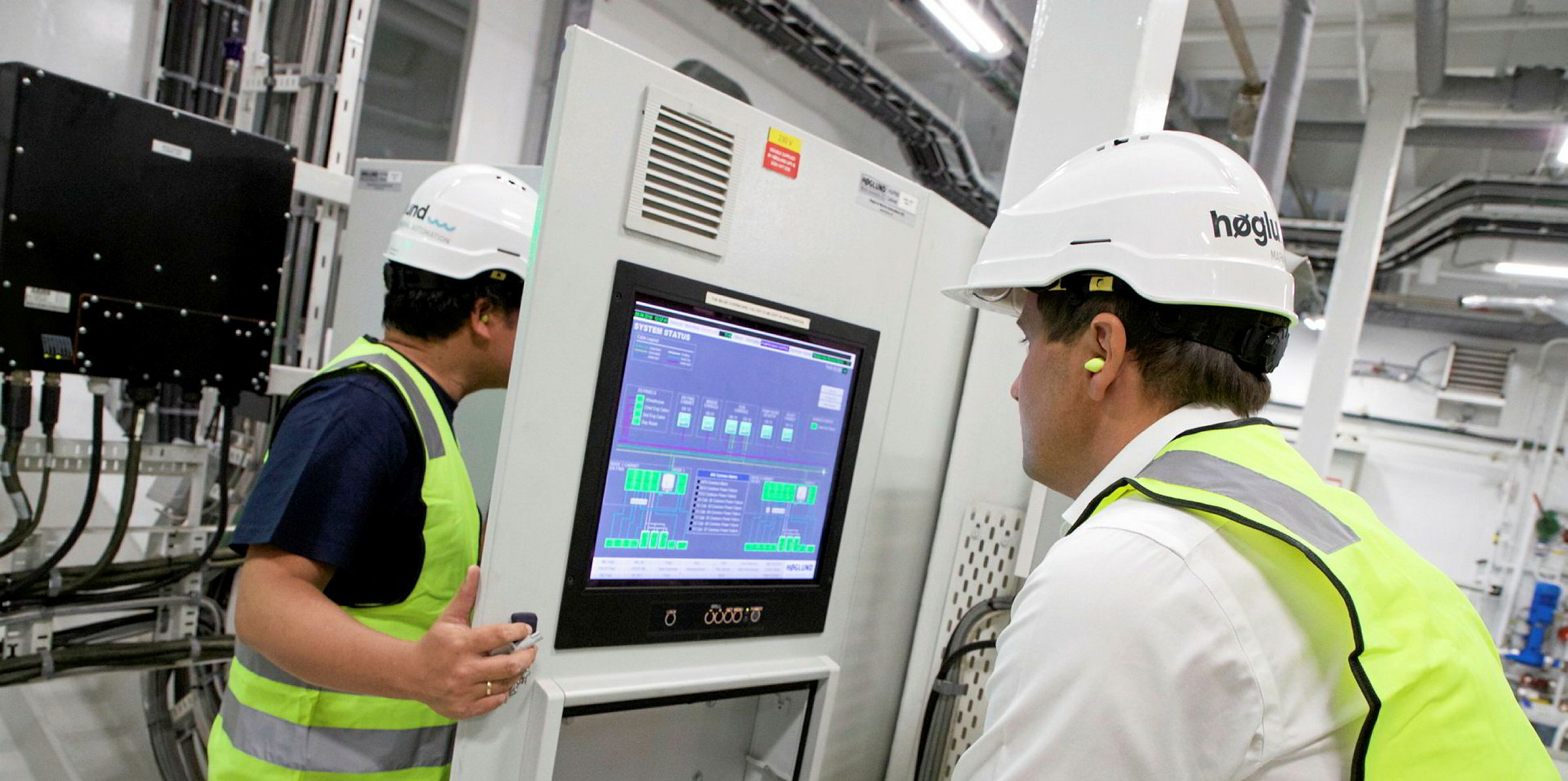Studies by Stena Bulk show LNG carriers are more easily adaptable to carbon capture and storage (CCS) systems on board than tankers.
The Swedish company teamed up with the Oil & Gas Climate Initiative (OCGI) to test the potential of exhaust gas capture techniques on vessels from its fleet.
Data was used from an LNG carrier, a suezmax tanker and an MR product carrier to explore applicability, cost and emissions-reduction implications.
The Gothenburg-based shipowner said CCS could be an important solution in the industry's race to decarbonise.
The tankers were running on heavy fuel oil and the gas carrier on LNG.
The findings showed that the gas carrier offered the most straightforward path to implementing viable CCS because it had the right mix of onboard infrastructure.
The tankers presented more technical challenges.
But Stena Bulk added: "The results of the study show that CCS is technically feasible on a large tanker."
The biggest problem — "although by no means an unsurmountable one" — is likely to be cost of installation and operation, with storage tanks, compressors and other equipment generating a large up-front capital expenditure (capex) barrier.
Operating expenses would also increase, the study found, because of the energy required to use the CCS system effectively.
However, data suggested these costs could be substantially reduced if the engine were adapted for compatibility with CCS.
Overall, Stena Bulk believes the technique will be a more persuasive option as technology improves and costs come down.
Commodity prices for captured carbon dioxide will potentially offset some of the capex for owners and operators, it said.
The study looked at deck space, fuel use, the availability of heat and energy in the exhaust stream and wider considerations such as whether the vessels were technically representative of the wider global fleet.
Stena Bulk chief executive Erik Hanell said it is right for the industry to be honest about the challenges it faces on the road to decarbonisation.
"It is fantastic to be able to share the results of the study we recently conducted with OGCI into the feasibility of CCS for the global fleet," he added.
"Completing this study fully aligns with Stena Bulk's vision to advance decarbonisation because it is the commercially sensible thing to do.
"This study proves once again that there is no silver bullet solution to meet the International Maritime Organization's climate targets, and that we must promote and adopt a wide variety of proven and commercially sensible solutions if we are to successfully decarbonise."







